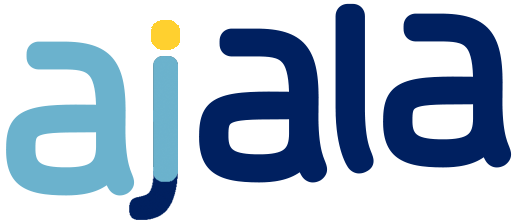AI & African Enterprises: November 2023 Newsletter
Newsletter Originally Published November 27, 2024
🦺 AI Safety in Africa
Discourse around AI Safety reached a fever pitch this month when Sam Altman was removed from his role as CEO of OpenAI, the company behind ChatGPT, as a result of board members' concerns about his handling of AI Safety. In a dramatic turn of events, the four days following his removal saw Altman hired by Microsoft's CEO to lead an AI research team, only to be reinstated as OpenAI's CEO following pressure from employees, investors and support from AirBnB CEO, Brian Chesky.
What is AI Safety?
AI Safety describes frameworks around manging the risk related to the deployment of AI models. Discourse on AI Safety in Africa has mostly focused on the potential for discrimination, especially when models developed by non-African companies are deployed in African markets without concern for localization.
Earlier this month, the UK hosted the first AI Safety Summit wherein 27 countries, including Nigeria, Kenya and Rwanda signed The Bletchley Declaration, an agreement on "a shared understanding of the risks and opportunites posed by AI" and the "need for governments to work together" to mitigate risks. Ahead of the summit, the Biden administration released an executive order on "Safe, Secure and Trustworthy Artificial Intelligence" to establish standards and manage the risks posed by AI to Americans. The Biden Administration consulted Nigeria and Kenya, amongst other countries, on AI governance frameworks as part of the executive order.
Nigeria, Kenya and Rwanda's selection for inclusion in discourse around AI safety is notable, relative to other African countries that have more advanced national AI strategies. In 2022, Morocco was one of the first countries globally, and the first African country to implement UNESCO's recommendations around AI Safety.
While inclusion of African countries speaks to discourse around Africa "being left behind" in AI, we note discussions around AI Safety seem to focus on "Western" concerns. As discussed in previous editions of this newsletter, AI resource consumption presents substantial risks unique to African countries, and should be top of mind, amongst other local concerns, for policy makers considering "AI Safety" in Africa.
Takeaway: AI Safety is both a local and a global question. While the inclusion of a broad range of African perspectives is vital to developing sound global frameworks for addressing AI Safety, this should not be at the expense of developing policy frameworks to address local concerns.
—Team ajala
